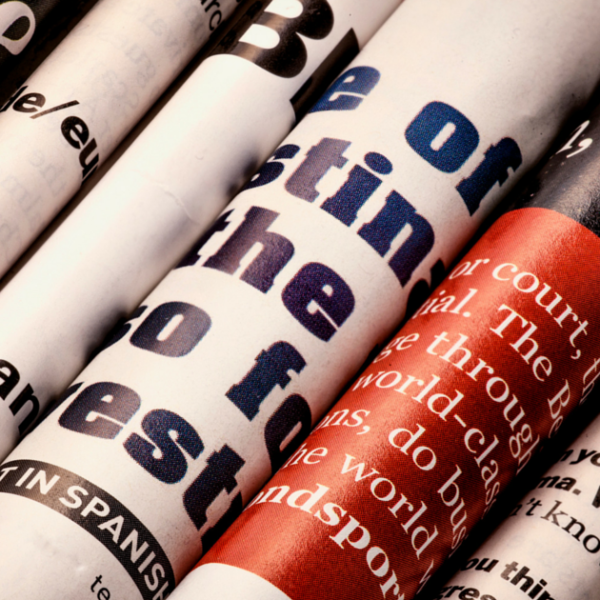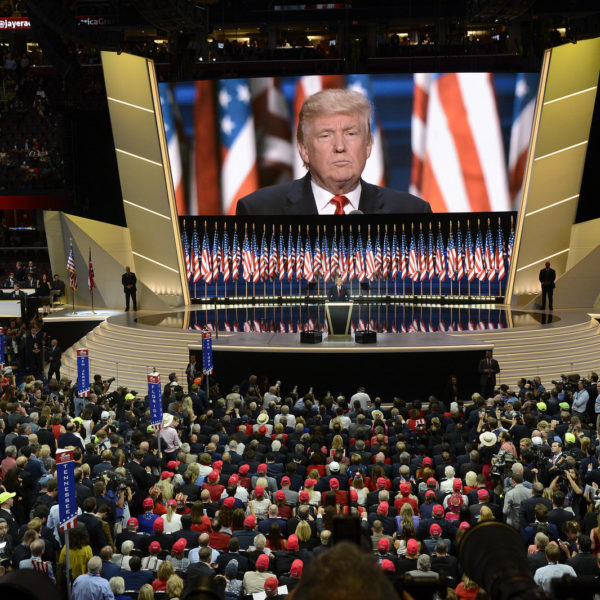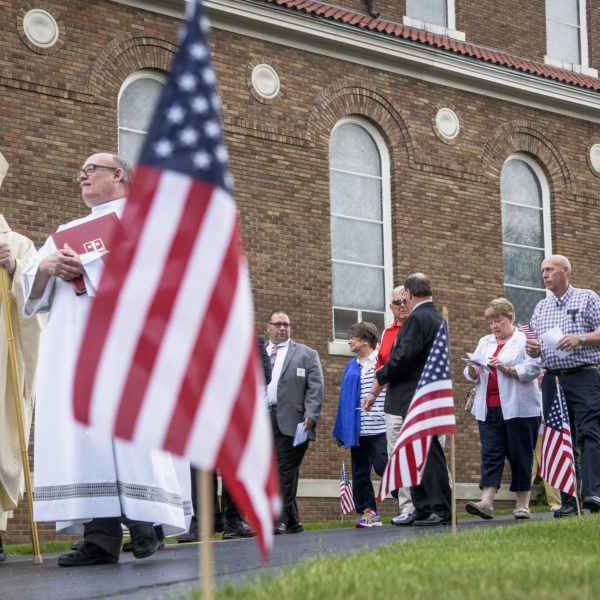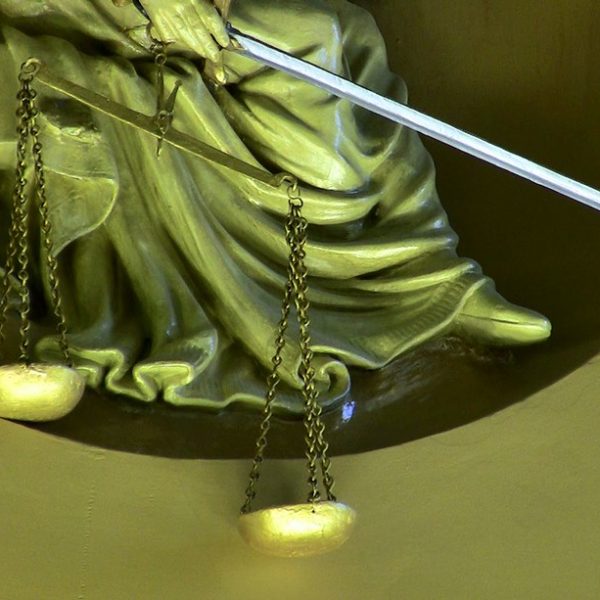
Non-vaccinating parents are asking, in the name of religion, to risk their own child and their child’s classmates with a preventable disease. This is not a theoretical risk: the last outbreak of polio in the United States, to give one example, was in a Christian Scientist school with low vaccine rates.
Viewed in the light of liberal commitments, Calvin’s chief error appears to be his presumption that the civil magistrate has not only the right, but the duty, to use his coercive office to enforce “piety.” As Calvin argues, the political ruler must recognize his duty “to cherish and protect the outward worship of God, to defend sound doctrine of piety and the position of the church” and to “form our social behavior to civil righteousness,” thus promoting social peace (Institutes 4.20.2). To liberals, of course, this appears dangerously intrusive.
In recent years, a number of theologians and legal historians have argued that the early modern Reformed tradition was a significant source for the development of various liberal doctrines. Scholars such as Nicholas Wolterstorff, David Little, and John Witte have traced modern doctrines of individual rights and the separation of church and state back to various Calvinist thinkers. Witte has been the most prolific, writing dozens of articles and several books on the topic over the past couple decades.
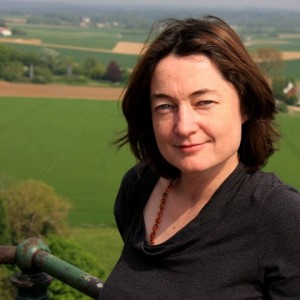
Understanding the relationship between morality and religion has preoccupied humanity’s best and brightest for millennia (think Plato, Aquinas, Kant, Nietzsche). Today, fascination with questions of morality and religiosity is no longer confined to philosophers, theologians and religion scholars. Research into the various ways that religion might influence moral identity is underway across a variety of subject disciplines in the human, natural and social sciences, capturing the interest of biologists, geneticists, neuroscientists, psychologists, anthropologists, and sociologists. Such research is highly necessary. The vast majority of the seven billion people on the planet identifies as religious. Most adopt at least some social and cultural norms and practices that reflect their religious identities. Across the globe, countless moral choices, great and small, are made on the basis of religious faith….
